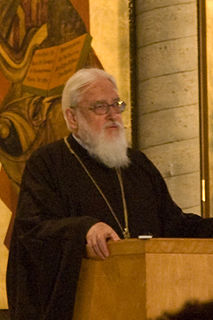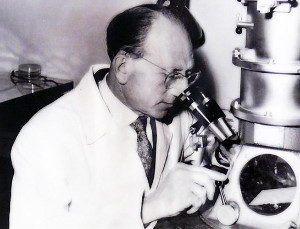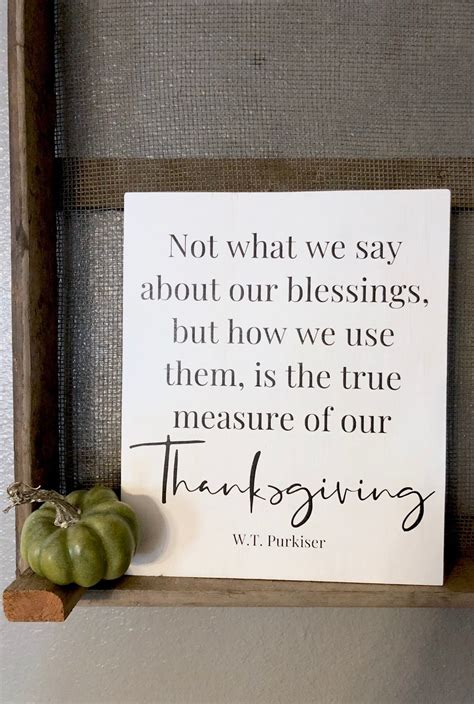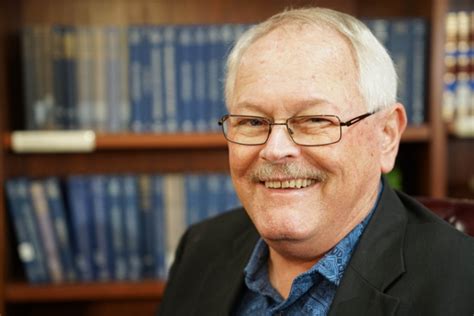A Quote by Kallistos Ware
Faith is not the supposition that something might be true, but the assurance that someone is there.
Related Quotes
The blessed Paul argues that we are saved by faith, which he declares to be not from us but a gift from God. Thus there cannot possibly be true salvation where there is no true faith, and, since this faith is divinely enabled, it is without doubt bestowed by his free generosity. Where there is true belief through true faith, true salvation certainly accompanies it. Anyone who departs from true faith will not possess the grace of true salvation.
Having no background in philosophic thought and ignorant of the reasons supporting their faith, they experience great uneasiness when someone questions their beliefs. Such people often live closely guarded lives, fearful of encountering someone or something that might shatter their insecure spiritual foundation.This attitude, however, is not the fault of religion but of their own limited understanding. True Dharma leads in exactly the opposite direction. It enables one to integrate all the many diverse experiences of life into a meaningful and coherent whole, thereby banishing fear and insecurity completely.
problematic within post-Reformation dogmatics. Is faith something I `do' to earn God's favour, and, if not, what role does it play? Once we release Paul's justification-language from the burden of having to describe `how someone becomes a Christian', however, this is simply no longer a problem. There is no danger of imagining that Christian faith is after all a surrogate `work', let alone a substitute form of moral righteousness. Faith is the badge of covenant membership, not something someone `performs' as a kind of initiation test.
Assurance, action, and evidence influence each other in an ongoing process. This helix is like a coil, and as it spirals upward it expands and widens. These three elements of faith - assurance, action, and evidence - are not separate and discrete; rather, they are interrelated and continuous and cycle upward.



































